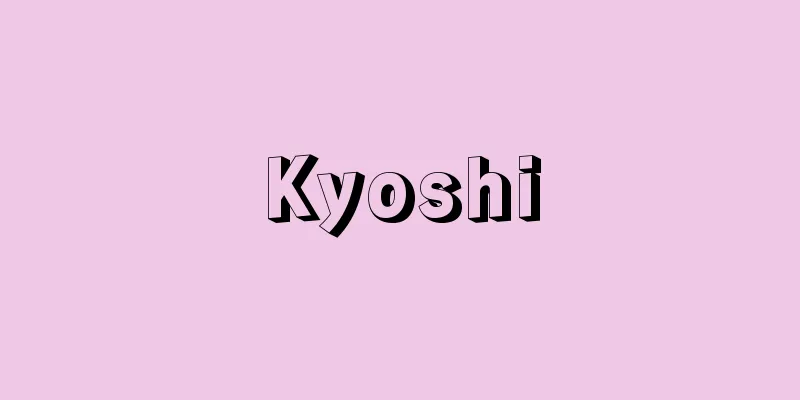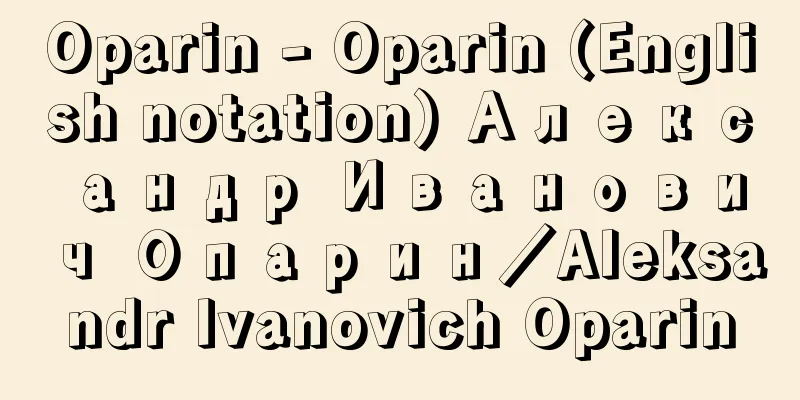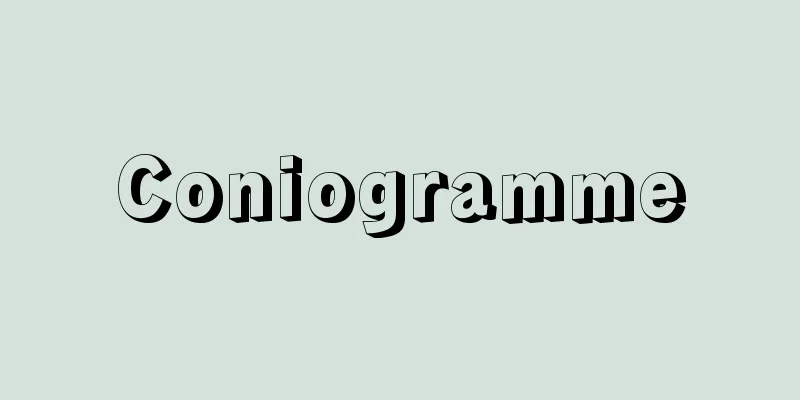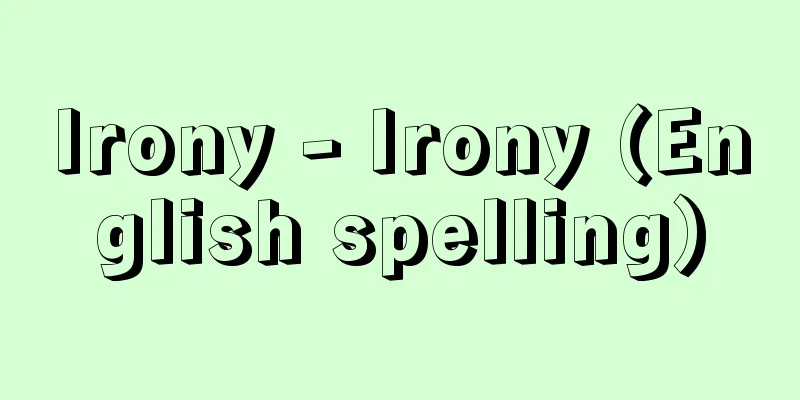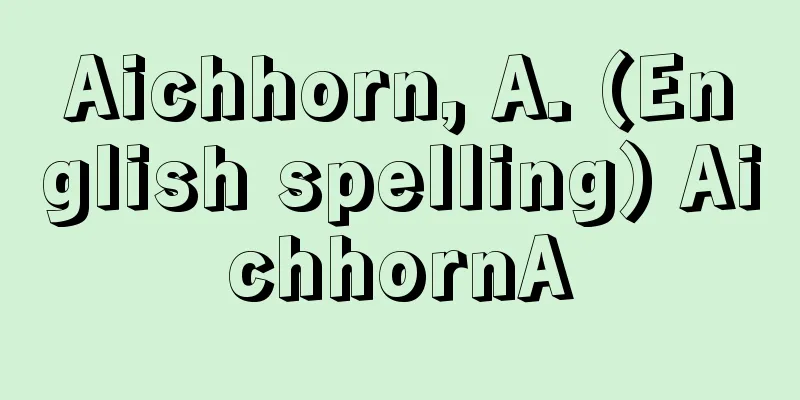Hu-feng (English spelling)
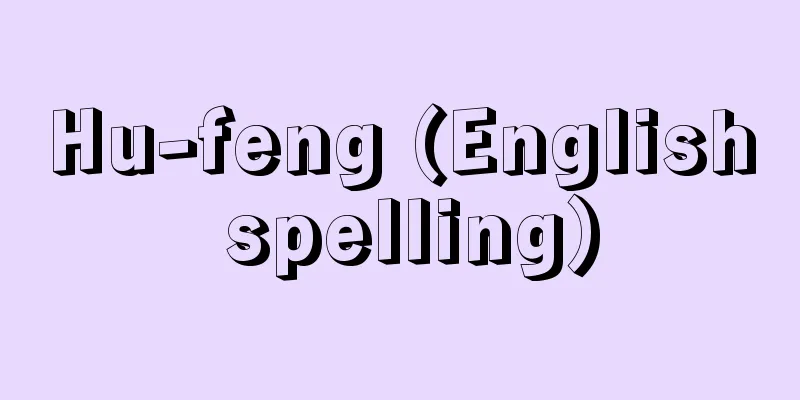
|
[Born] Guangxu 30 (1904) [Died] June 8, 1985. Beijing Chinese literary critic. Born in Qichun, Hubei Province. His real name was Zhang Guangren. He was also known as Zhang Gufei. He studied in Japan in 1928, where he became involved in the proletarian literature movement. He returned to China in 1933 and was recognized for his work Lin Yutang Lun (1934). He also became close to Lu Xun, and came into conflict with Zhou Yang and others in the "National Defense Literature Debate." During the War of Resistance against Japan, he published the magazines July and Hope in Chongqing, calling for the promotion of anti-war spirit, and formed a group with Shu Wu, Lu Ling, and others. He also advocated a theory that could be called the "theory of self-expansion" in opposition to Mao Zedong's Literary Lectures. Even after the war, he held such posts as representative to the People's Congress and member of the editorial committee of People's Literature, but he consistently opposed the Communist Party's literary line, especially Zhou Yang. In 1954, he submitted a statement of opinion calling for a fundamental change in the party's literary policy, but in return he received comprehensive criticism, during which his past connections with Chiang Kai-shek's group were revealed, and he was arrested in 1955. After the Cultural Revolution ended, he was released in 1979 and his honor was rehabilitated in 1980. In 1981 he returned to the Writers' Association and served as a Standing Committee member of the National Committee of the Chinese People's Political Consultative Conference. His books include On the Problem of Ethnic Form (40), Ethnic War and the Character of Literature (43), a collection of essays titled On the Hidden Side of Chaos, and a collection of poems titled Wild Flowers and Arrows. Source: Encyclopaedia Britannica Concise Encyclopedia About Encyclopaedia Britannica Concise Encyclopedia Information |
|
[生]光緒30(1904) [没]1985.6.8. 北京 中国の文芸評論家。湖北省き春 (きしゅん) の人。本名,張光人。また張谷非とも称する。 1928年日本に留学,プロレタリア文学運動に近づき,33年帰国,『林語堂論』 (1934) で認められた。また魯迅に近づき,「国防文学論争」では周揚らと対立した。抗日戦争中は重慶にあって雑誌『七月』『希望』を発刊,抗戦精神高揚を呼びかけ,舒蕪 (じょぶ) ,路 翎 (ろれい) らを育ててグループをつくるとともに,毛沢東の『文芸講話』に対抗して「自我拡張論」ともいうべき説を主張。戦後も人民大会代表,『人民文学』編集委員などの職にありながら,一貫して共産党の文芸路線,特に周揚と対立し,54年党の文芸政策の根本変更を要求する意見書を提出したが,逆に全面的批判を受け,そのなかでかつて蒋介石グループとつながりのあったことが暴露され,55年逮捕された。文革終了後,79年釈放され,80年名誉回復。 81年作家協会に復帰,政治協商会議全国委常務委員をつとめた。著書『論民族形式問題』 (40) ,『民族戦争与文芸性格』 (43) ,論集『在混乱的裏面』,詩集『野花与箭』など。 出典 ブリタニカ国際大百科事典 小項目事典ブリタニカ国際大百科事典 小項目事典について 情報 |
<<: Zebu (Humpback Cow) - Zebu (English spelling)
>>: Gove - Gove (English spelling)
Recommend
bunker
…While a stacker piles up the ore that arrives at...
Takayoshi - Gyojo
...The one-volume edition of Great Tang Western R...
Eastern Nine Tombs (English: Tonggunǔng)
Located in the vast hills of Inchang-ri, Guri-myeo...
Aerial roots
Roots are usually underground and support the abo...
Administrative Disciplinary Action
It refers to the actions of administrative agenci...
Spheroid of revolution - spheroid (English spelling)
Also called a spheroid. In the Cartesian coordinat...
repulsive force
...A force that acts in a direction that draws th...
FMN - FMN
Flavin mononucleotide is an electron carrier clos...
Chinampa cultivation - Chinampa cultivation
In the Nahuatl language of Mexico, chinampa refers...
Yangquan
A prefecture-level city in the eastern part of Sh...
Urasenke - Urasenke
One of the schools of tea ceremony founded by Sen...
Webb, A.
...With its pond and lawn, the structure retains ...
α-MSH - Alpha MS H
…Three types of MSH, α, β and γ, have been isolat...
Capillarisin - Capillarisin
...Also, Artemisia capillaris, Artemisia umbellat...
Horse riding start - Jobahajime
One of the ceremonial events during the samurai er...


